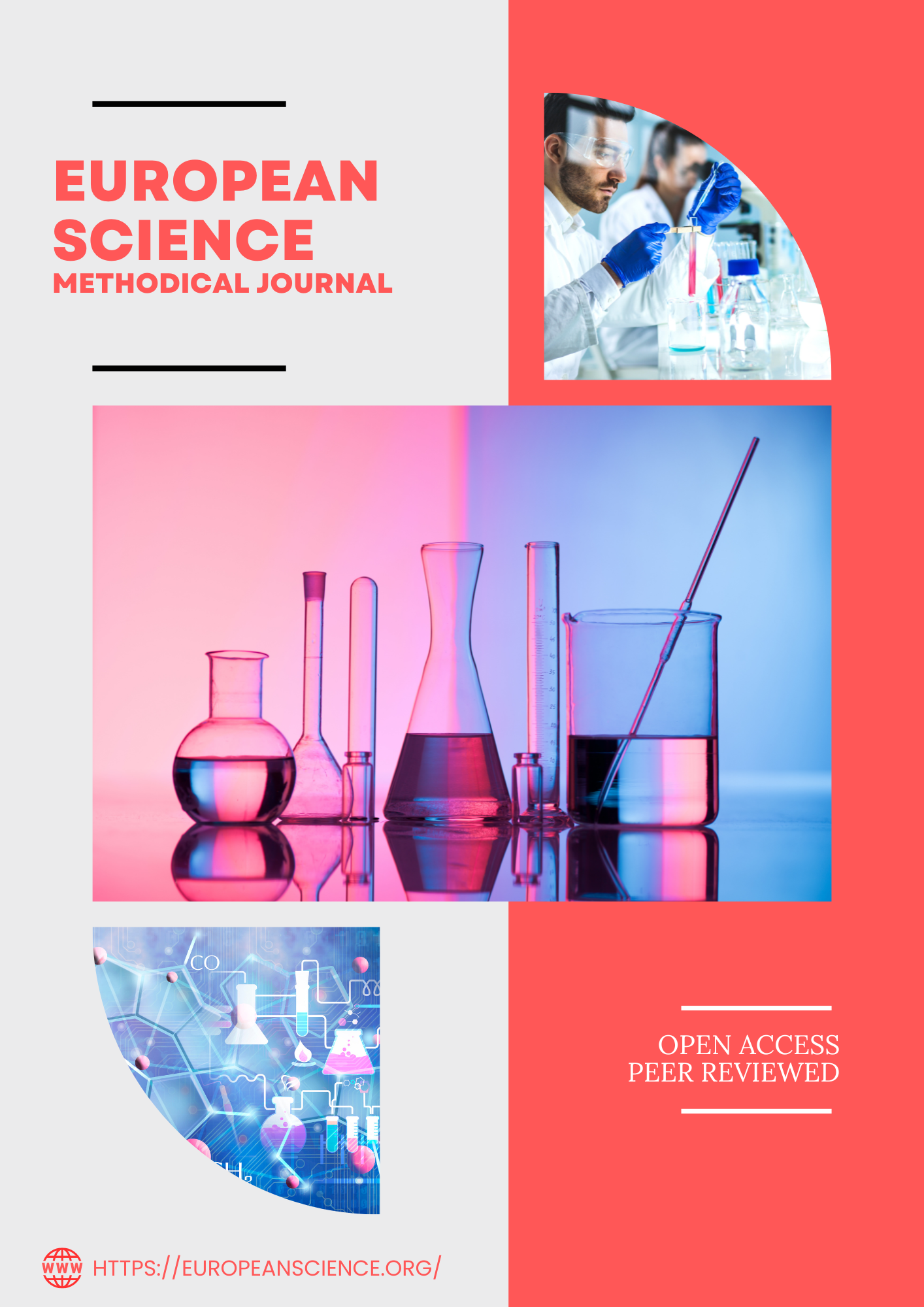PREDICTION THE LEVEL OF PROFESSIONAL ORIENTATION OF A STUDENT'S PERSONALITY
Keywords:
pedagogical direction, student, professional training, communication, organization, subject orientation, intelligence, support, installation, forecasting.Abstract
The content of this article is aimed at forecasting the level of professional training of students. In this, it was determined that communicativeness, organization, subject orientation, intelligence, and support are important in predicting the degree to which students of several higher education institutions are able to improve the qualities that should be formed in a teacher-coach during the process of pedagogical professional training. The research results were analyzed psychologically. Successful development of skills necessary for professional activity, professional maturity is perceived as a result of abilities as a positive relationship of personal qualities. In the process of professional maturity, the formation of professional abilities is ensured by a set of individual characteristics of a person. The transition to professional activity is a step-by-step process, and the transition from education to independent professional activity is an important aspect of every person. The professional direction of the teacher's personality is often strongly connected with his personal development, and is manifested in a harmonious state. In order to assess his professional maturity, it is necessary to highlight a number of aspects of the activity. The growth of social requirements determines the place of the profession and specialists in the life of society. For this reason, today it is necessary to use the term "significant" and "obsolete profession". The same point of view and worldview continue to lead young people in their career choices. For our research, taking into account these requirements, it serves to identify the causes of imbalances in the choice of profession and to develop recommendations for its prevention.
Downloads
Published
Issue
Section
License

This work is licensed under a Creative Commons Attribution-NonCommercial 4.0 International License.















